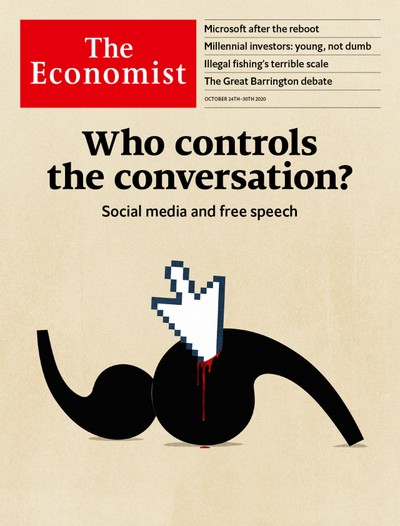Another perspective on paper 2:

YouTube-dl
Late last week, github.com took down YouTube-dl, a Python tool for downloading YouTube videos, upon receipt of what looked like a takedown notice from the RIAA. Github promptly complied, and the YouTube-dl page contained only this: github.com/github/dmca/blob/master/2020/10/2020-10-23-RIAA.md.
But there is something missing. Section 512 takedown notices are supposed to be claiming copyright on the hosted content. The RIAA was clearly not doing that.
Microsoft owns Github, so clearly Github has good legal advice. (That might be why the site is back up.) Microsoft is also a member of the RIAA.
What the RIAA appears really to be interested in is expanding the reach of 17 USC 1201 (emphasis added)
References: Morbius, joindiaspora.com/posts/19279710.
US v Google
The real issue seems to be that Google creates deals (eg with Apple and Firefox) that make it the default search engine. Just how bad is that?
Generally, antitrust law requires showing harm to consumers. How are consumers harmed when the product is free?
Surprisingly, the decision seems to be (a) not political, and (b) not about Google's monopoly position in advertising itself.
CBP and tracking
Apparently CBP is tracking people (including US citizens) by buying location information from companies (such as Venntel) that gather it from people's phones. See vice.com/en/article/n7vwex/cbp-dhs-venntel-location-data-no-warrant. I am not sure, but I think they can connect that location history with a phone's IMSI signals, as obtained via Stingrays.
Batzel v Cremers details; Cremers' understanding of what he was distributing
More §230 Cases
So who is entitled to a §230 exception?
Criminal Libel
McLibel
Threat Speech is different